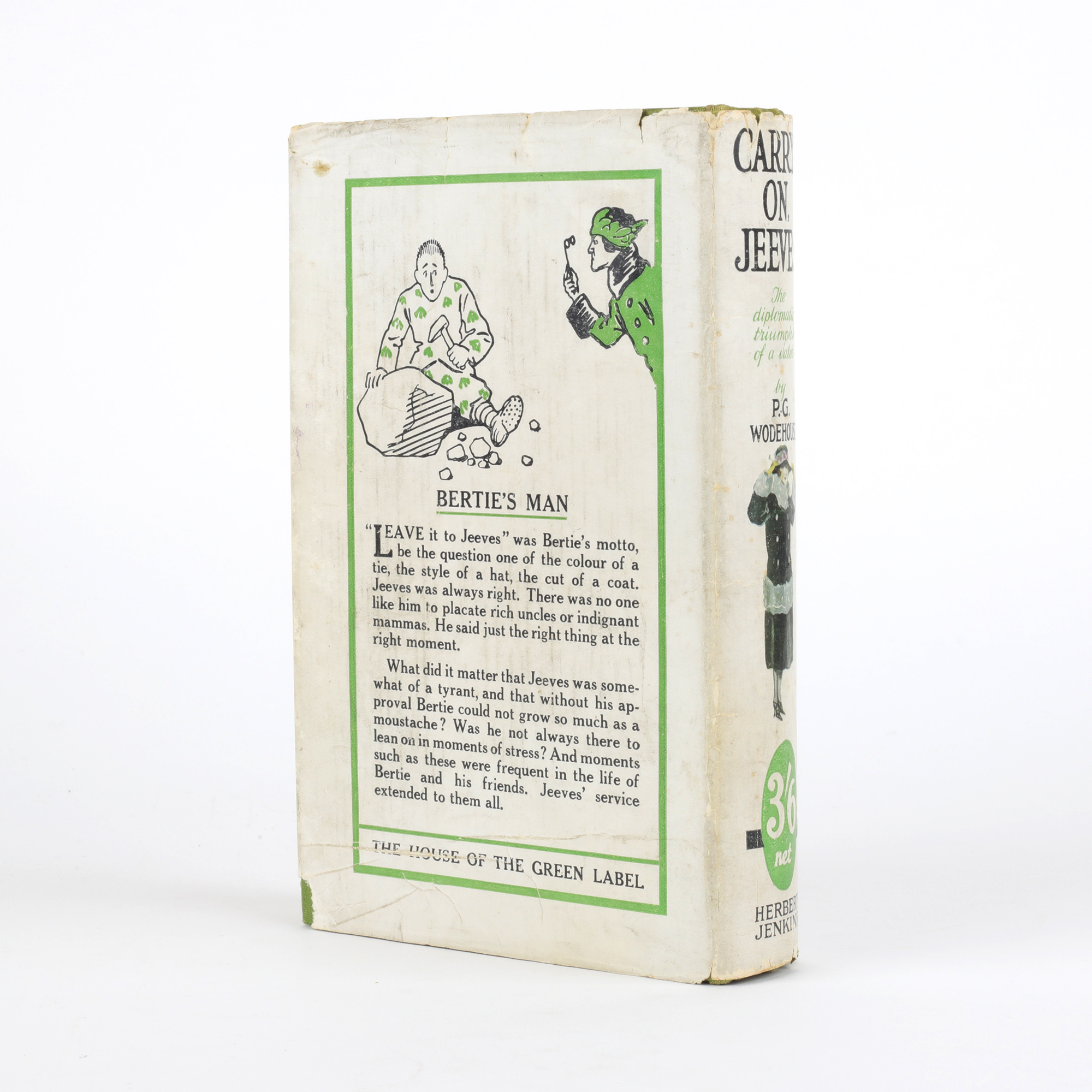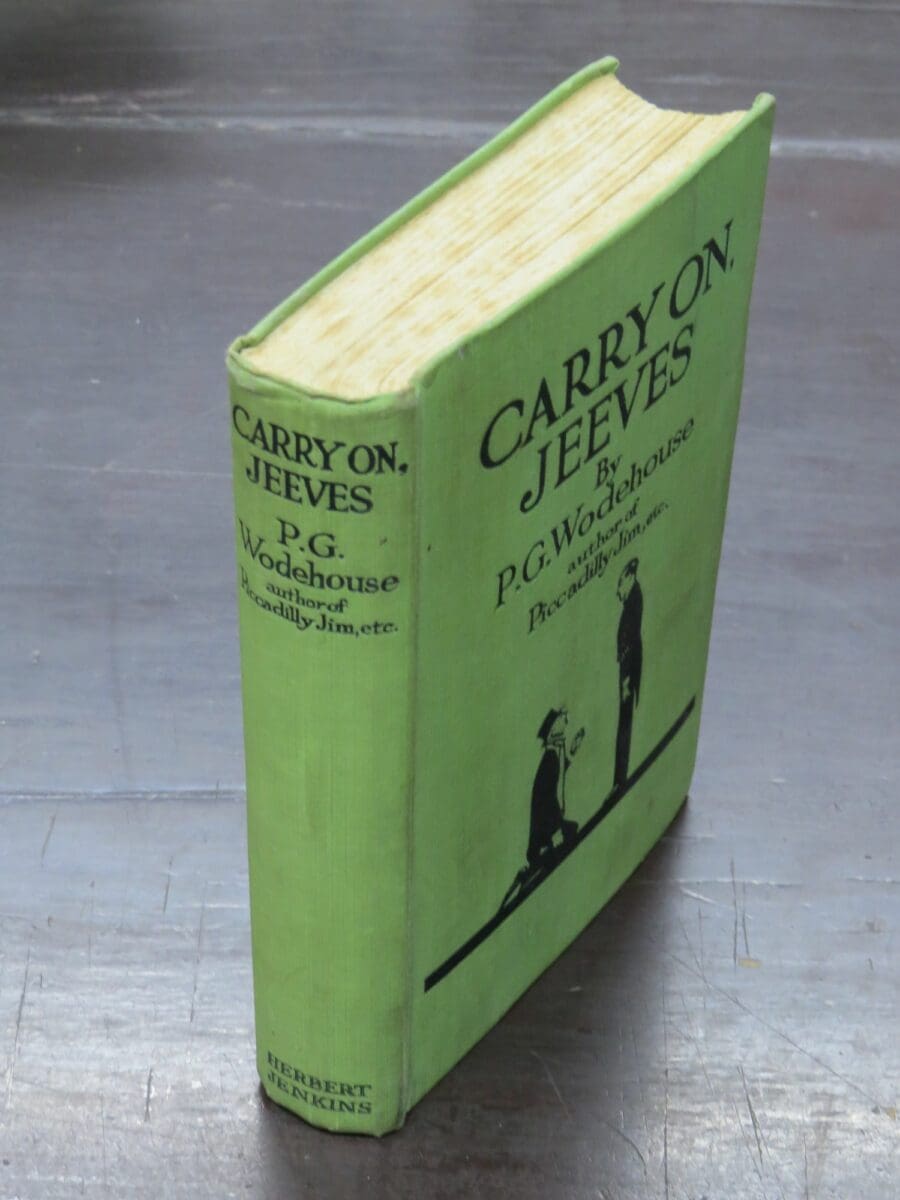


The affair of Rocky Todd broke loose early one morning of spring. Check out a few paragraphs from “The Aunt and the Sluggard”, the fifth story in the bunch: But no matter who appears in the story, Wodehouse's prose is a consistent delight, featuring his gift for blending sunny good cheer with utter ridiculousness. It's not that I dislike the remaining stories, but they're missing many of Wodehouse's most memorable recurring characters-Bertie's Aunt Dahlia, Anatole the chef, and Bingo Little play very limited roles, while Tuppy Glossop, Bobbie Wickham, and the dread Aunt Agatha are never featured at all. Of the thirty-five Jeeves and Wooster stories, this collection features only three of my favorites: “Jeeves and the Unbidden Guest”, “The Rummy Affair of Old Biffy”, and “Clustering Round Young Bingo”.

There are no surprises in a Jeeves and Wooster short story: they're all set in an idealized, early 20th century world of stately homes and expensive flats, and they follow a consistent pattern-Bertie (or one of his equally dim-witted pals) finds himself in a financial/romantic crisis, and Jeeves comes to the rescue, usually via a complicated plot that requires Bertie to look like a colossal ass. Nine are told from the point of view of Bertie Wooster, a wealthy, genial, mentally negligible young Englishman the tenth is narrated by Jeeves, Bertie's unflappable and infinitely resourceful valet. Wodehouse's early Jeeves and Wooster short stories. Carry On, Jeeves is a collection of ten of P.G.


 0 kommentar(er)
0 kommentar(er)
